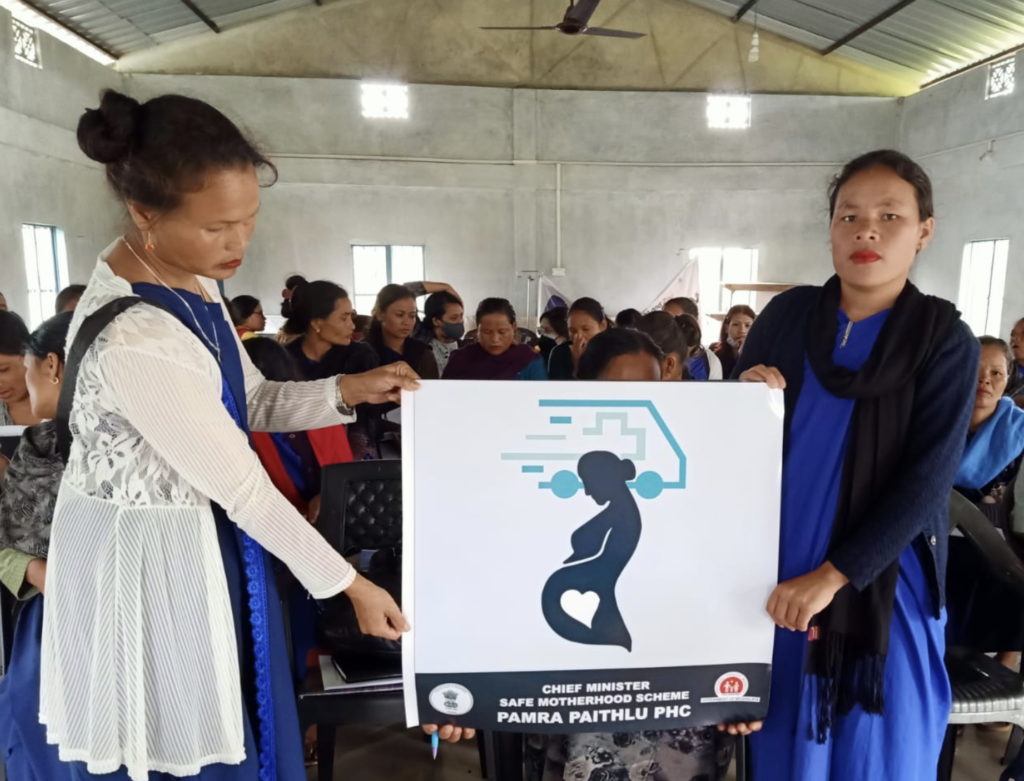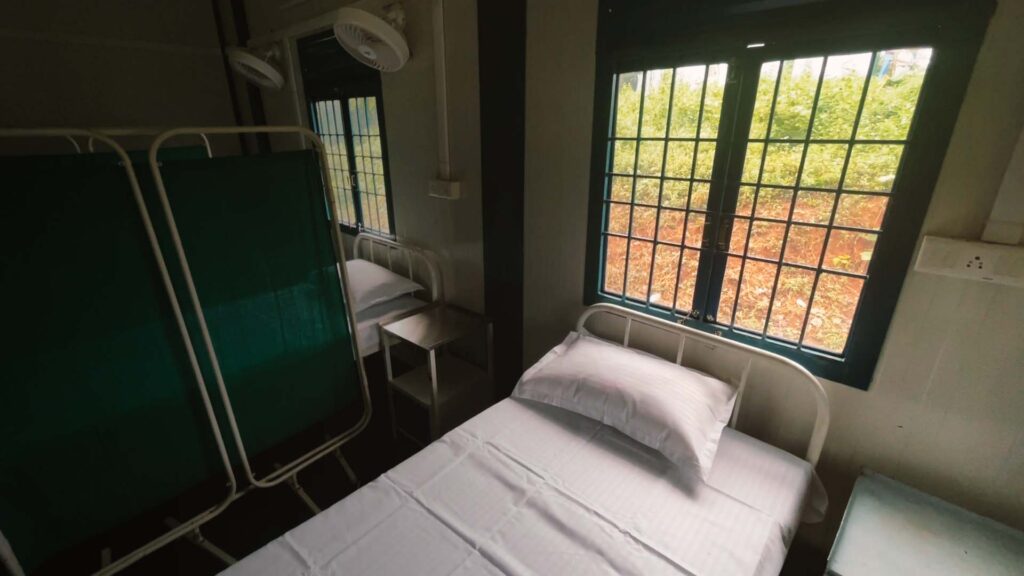The Chief Minister’s Safe Motherhood Scheme or CM-SMS was launched in Meghalaya on March 8, 2022, to accelerate the reduction in maternal mortality in the State. The Chief Minister’s Safe Motherhood Scheme is a result of a rigorous approach aimed at building Meghalaya’s State Capability to tackle the problem of maternal and infant deaths through the Rescue Mission, which was initiated in December 2020. As part of this, granular monitoring of the problem was done through weekly reviews at the state, district, block and village levels.
This led to the identification of six areas to be addressed on a mission mode, namely- Anemia and nutrition, safe delivery, right-to-birth spacing, teenage pregnancy and activating collaboration among key demand side and supply side stakeholders.

The Chief Minister’s Safe Motherhood Scheme or CMSMS aims to improve maternal health care services in the state, thereby bringing down the maternal mortality rate. Components of the scheme include mobility support to the ANMs for visits to ensure that the Village Health and Nutrition Days (VHNDs) are organised in every village at least once every month to provide 100 per cent quality ante Natal Check-ups (ANCs) of all pregnant women for taking all preventive steps to address high-risk factors associated with pregnancy. The visiting ANM, RBSK, and sector teams are expected to address high-risk factors like anaemia while counselling for birth spacing at the earliest, especially during the 1st and 2nd trimesters of pregnancy.

Another component of this scheme is the creation of transit homes for pregnant women through the mobilisation of Self-Help Groups and local entrepreneurs to arrange suitable boarding and lodging facilities close to the PHCs/CHCs so that the pregnant women belonging to priority groups can be brought to these facilities at least one week to ten days before the expected date of delivery (EDD). Similarly, basic livelihood compensation will be provided to attendants as well as traditional birth attendants for bringing high-risk pregnant women into transit homes. Wage compensation will be provided to the attendants, who may be a family member or a traditional birth attendant accompanying or staying with a pregnant woman.
